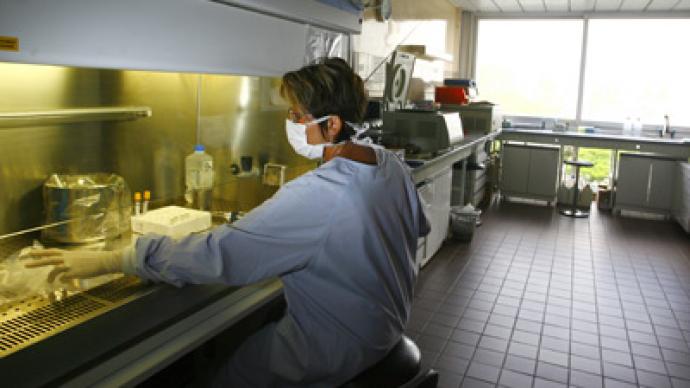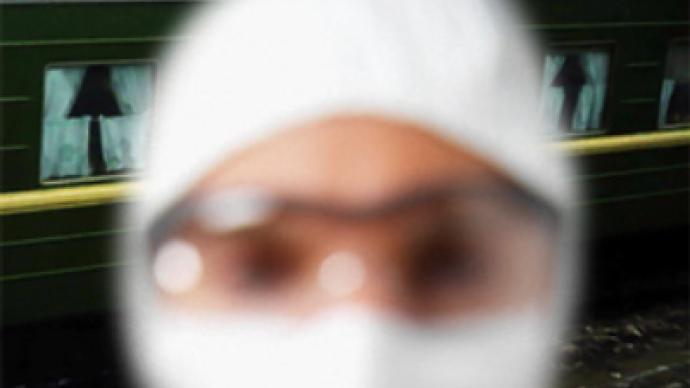World Health Organization (WHO) officials are on alert after two confirmed cases and one suspected case of a new virus from the same family as SARS appeared in Saudi Arabia last week. Doctors are watching for any sign the disease may spread.
The cases involve a coronavirus (named for the corona, or halo, visible around the virus under a microscope) that causes severe pneumonia and kidney failure in patients. One of the confirmed cases is a 49 year-old man in intensive care in a London hospital after being evacuated by air-ambulance to Britain from Qatar on September 11.The other two confirmed cases have already died. Dr. Ali Mohamed Zaki first revealed that a new coronavirus had been discovered last week in a 60-year-old man at the Soliman Fakeeh Hospital in Jeddah, Saudi Arabia on the ProMED-mail website, a site used to monitor infectious diseases around the globe. In the post, Zaki noted that the coronavirus was similar to those found in bats. The most famous coronavirus was the Severe Acute Respiratory Syndrome (SARS) outbreak that killed about 916 and infected 8,422 worldwide. The potential threat of this particular coronavirus is not yet known, but World Health Organization (WHO) officials are monitoring the situation. "Given that this is a novel coronavirus, WHO is currently in the process of obtaining further information to determine the public health implications of these two confirmed cases," the WHO said in a statement. The discovery of the new virus comes at a potentially hazardous time; on the eve of the Hajj, the Islamic holy pilgrimage to the city of Mecca. Saudi Arabia opened its borders to pilgrims on September 17, but the real influx of pilgrims is set for the end of October. Last year, almost 2 million Muslims from around the world completed the rite. WHO officials are not imposing any travel restrictions at the moment, despite the potential for the new virus to go global. The Health Protection Agency (HPA) in the United Kingdom also weighed in on the matter. "The HPA is providing advice to healthcare workers to ensure the patient under investigation is being treated appropriately. In the light of the severity of the illness that has been identified in the two confirmed cases, immediate steps have been taken to ensure that people who have been in contact with the UK case have not been infected, and there is no evidence to suggest that they have,” Professor John Watson, said in a statement.While urging vigilance, Professor Watson also echoed the WHO, saying there was no reason for any travel advisories, no specific precautions to take, and the ultimate reach and contagiousness of the virus has yet to be determined.


